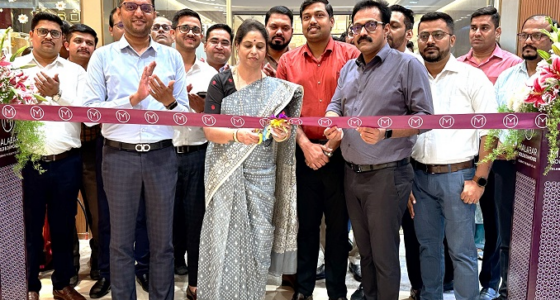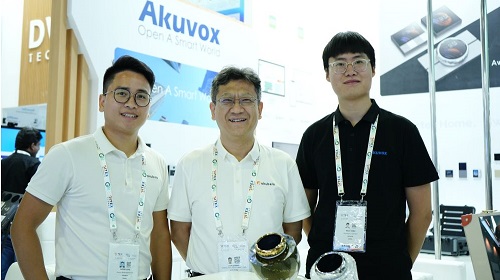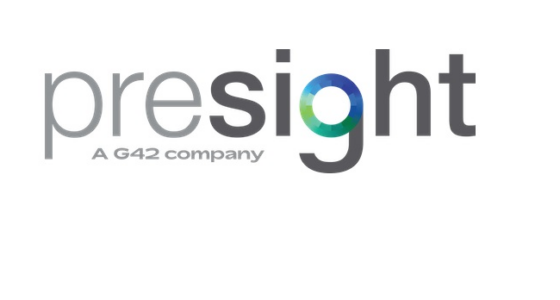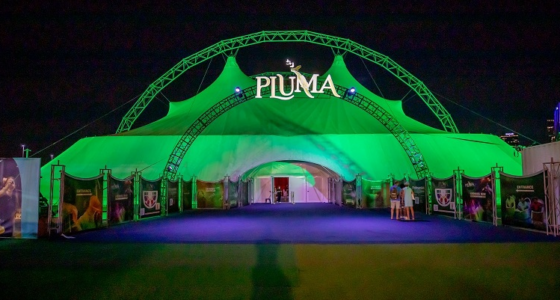Announced on the 1st UN Virtual Worlds Day
Dubai Collaborates With United Nations’ ITU and UNICC to establish a global initiative on building & regulating virtual worlds
‘Discovering The CitiVerse’
Hamad Obaid Al Mansoori
- Cities are the incubators of innovation, and laboratories for the application of new technological concepts. “Discovering The CitiVerse” is a good example of a global proactive approach that will bring benefits to everyone.
Younus Al Nasser
- The launch of this initiative represents a proactive effort, by all of the initiative’s partners and Executive Committee Members, to adopt emerging technologies and benefit from their impact on people’s lives by building a galaxy of interoperable virtual worlds.
Doreen Bogdan-Martin
- I thank Digital Dubai and UNICC for their outstanding support to our focus group, where our new Virtual Worlds initiative was conceived, and I look forward to our continued work together to ensure that virtual worlds and the metaverse contribute to the prosperity of every community in every city around the world.
Sameer Chauhan,
- At UNICC, we are thrilled to be part of this innovative global initiative with ITU and Digital Dubai
Geniva, 14 June 2024 – In a collaborative effort with global reach, Digital Dubai, the International Telecommunications Union (ITU), and the United Nations International Computing Centre (UNICC) today announced the launch of the Global Initiative on Virtual Worlds (GIVW) – Discovering The CitiVerse. The announcement coincides with the celebration of the 1st UN Virtual Worlds Day, held at ITU headquarters in Geneva, Switzerland.
This initiative is a forward-looking effort to explore the potential impact of next-generation virtual worlds, including the CitiVerse concept, on society. These virtual worlds hold immense promise for creating new opportunities, but also present complex challenges that need to be addressed. The GIVW will focus on harnessing the positive impact of virtual worlds on key industries like urban planning, tourism, and education, aiming to improve decision-making and enrich urban living for all. By fostering a comprehensive understanding of the interplay between technology, societal trends, and economic factors, the GIVW seeks to ensure that everyone benefits from the potential of virtual worlds.
GIVW Objectives:
The GIVW establishes a global platform to champion open, interoperable, and innovative virtual worlds that prioritize safety and user trust. It leverages the expertise of ITU Study Groups, particularly ITU-T Study Group 20 “IoT and Smart cities & Communities”, Focus Group on Metaverse (FG-MV), along with the UN initiative “United for Smart Sustainable Cities (U4SSC)” and other international initiatives. This collaborative approach will propel the GIVW towards its key objective which revolves around 3 points:
- Serving as the avenue for developing normative frameworks addressing principles, enablers and governance for applying metaverse solutions.
- Providing training and hosting events to disseminate knowledge, raise awareness and sharing best practices and solutions among cities worldwide
- Delivering a sandbox environment to test, and experiment with virtual worlds scenarios in cities around the world.
As the Global Chair of the Executive Committee leading the Global Initiative, H.E. Hamad Obaid Al Mansoori said: “We witness an important era in a history marked by rapid and successive changes requires us to look ahead and anticipate the upcoming technological developments as a vital issue that requires collective and sustained action. At Digital Dubai, we have always been advocates of enhancing global cooperation in digital transformation in line with the directives of wise leadership, and based on the fact that today’s opportunities and challenges are cross border and its impact will affect human beings everywhere. This applies to the world of Metaverse and its renewed techniques with the prospects and challenges that we must prepare for and explore the possibilities of employing it to serve the goals of sustainable development globally”.
“Cities are the incubator of innovation, and laboratories for the application of new concepts. “Discovering The CitiVerse” is a good example of global proactive approach that will bring benefits to everyone”. H.E added
In the official launch speech on behalf of Digital Dubai, H.E. Younus Al Nasser, Chief Executive of the Dubai Data and Statistics Establishment, Digital Dubai said: “As we all unite on this platform, I see the future before me. A future we have collaboratively imagined, and are today laying the foundations to design and build.”.
“The launch of this initiative represents a proactive effort, by all of the initiative’s partners and Executive Committee Members, to adopt emerging technologies and benefit from their impact on people’s lives by building a galaxy of interoperable virtual worlds.
I am delighted that this initiative was proposed by Digital Dubai, and even happier that it has received such great support from our UN partners, the ITU and the UNICC,” H.E concluded.
“ITU’s metaverse focus group has laid the groundwork for new international standards and fostered a spirit of collaboration certain to last for years to come,” said ITU Secretary-General Doreen Bogdan-Martin. “I thank Digital Dubai and UNICC for their outstanding support to our focus group, where our new Virtual Worlds initiative was conceived, and I look forward to our continued work together to ensure that virtual worlds and the metaverse contribute to the prosperity of every community in every city around the world.”
On his behalf, Sameer Chauhan, Director, UNICC “At UNICC, we are thrilled to be part of this global initiative with ITU and Digital Dubai. We believe this initiative allows us to explore metaverse solutions that better meet citizens’ needs and share knowledge and best practices among cities worldwide. By paving the way for future innovations through such a platform, we can unlock the potential of virtual worlds to improve public service delivery, optimize the use of public resources, and enhance citizen participation.”
Key pillars:
The GIVW operates under three key pillars:
- Bringing Virtual Worlds to Life:
Focuses on four areas:
- Strategic Guidance & Governance: Developing frameworks for responsible development and use of virtual worlds.
- Security & Trust: Ensuring safe and secure environments within virtual worlds.
- Awareness Building: Raising public awareness of the potential of virtual worlds.
- Evaluation & Assessment: Measuring the impact and effectiveness of virtual world solutions.
- Connecting Cities with the Virtual and Real Worlds:
This pillar encompasses five tracks:
- Emerging Technologies: Exploring the integration of cutting-edge technologies within virtual worlds.
- Identifying Use Cases: Discovering practical applications of virtual worlds across different sectors.
- Sandbox Experiment Facility: Providing a virtual testing ground for cities to experiment with metaverse solutions.
- Virtual Worlds Educational Toolkit: Creating resources to educate cities on virtual world implementation.
- Annual Training: Equipping cities with the necessary skills to leverage the benefits of virtual worlds.
- Tunneling the CitiVerse:
This pillar focuses on four key initiatives:
- Global CitiVerse Network: Establishing a network of cities collaborating on CitiVerse development.
- CitiVerse Challenge: Encouraging innovation through challenges focused on CitiVerse applications for the Sustainable Development Goals (SDGs).
- Talent Grants Program: Fostering talent development through grant programs related to CitiVerse initiatives.
- Annual Assembly: Hosting annual gatherings for knowledge sharing and collaboration on building the CitiVerse.
To guide the initiative, the GIVW will be led by H.E. Hamad Obaid Al Mansoori as the Global Chair of the Executive Committee, supported by a diverse group of Executive Committee Members including:
- H.E. Mr Nape Nnauye, Minister, Ministry of Information, Communication and Information Technology, Tanzania
- H.E. Mr Eliud Owalo, Minister, Ministry of Information, Communications and the Digital Economy, Kenya
- Mr Manuel Barreiro, Founder and Chief Executive Officer, Aston Group
- Mr Karl-Filip, Coenegrachts, Chair of the Board of Directors and Executive Director, Open & Agile Smart Cities (OASC)
- Ms Jung Sook Park, Secretary-General, World Smart Sustainable Cities Organization (WeGO), Korea (Republic of)
- Mr Hyoung Jun Kim, Chair, ITU-T Study Group 20 “IoT and Smart Cities and Communities”
- Luis Bernardo Nava Guerrero, Mayor, Municipality of Queretaro, Mexico
- Jouni Markkanen, City Board Member, Tampere City Council, Finland
- Paula Llobet Vilarrasa, Councillor for Tourism, Digital Agenda, Innovation, and Investment, Valencia, Spain
-ends-










